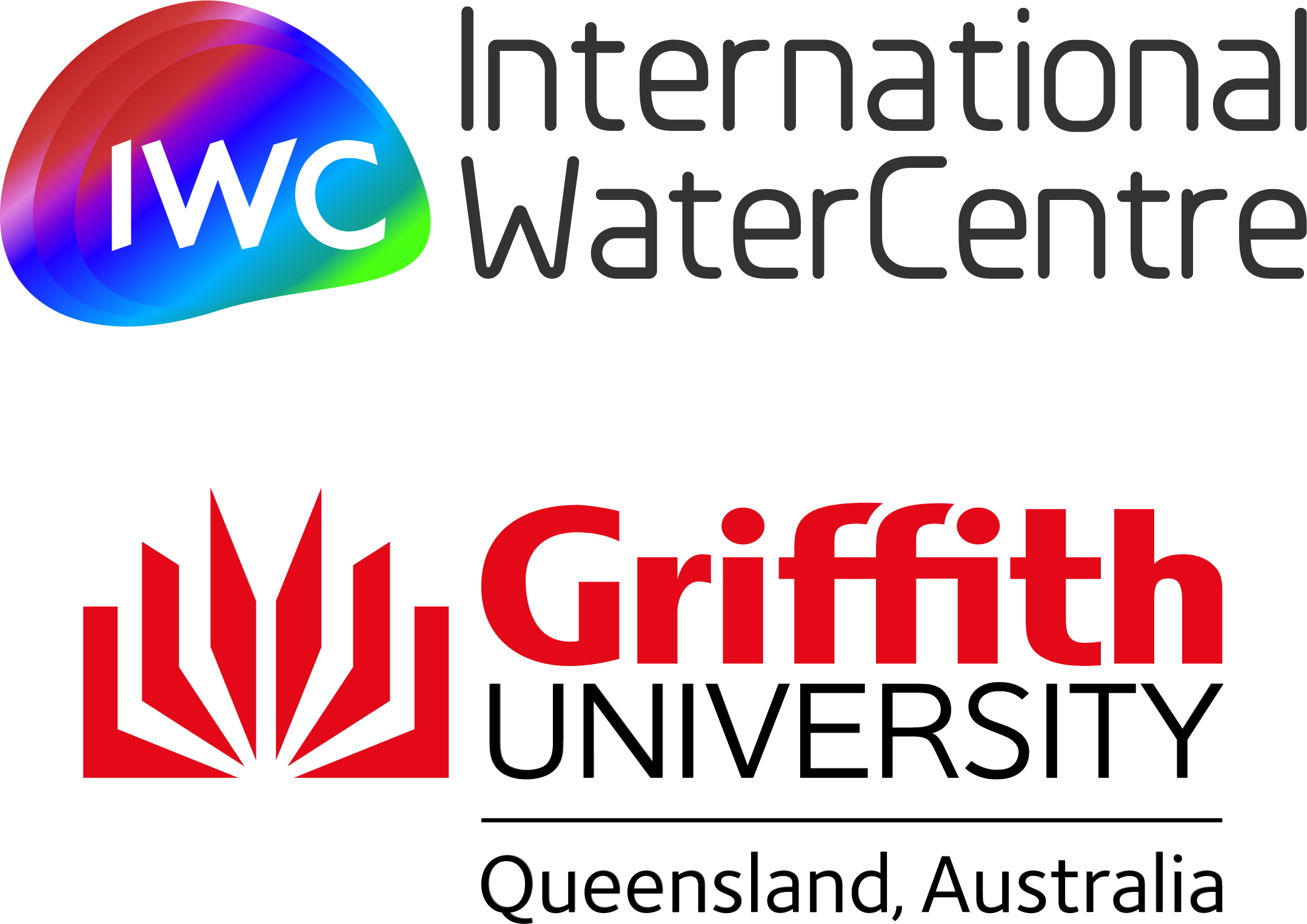Monitoring climate risks, climate resilient WASH services and community resilience: are we ready?
Delivered by: UNICEF, Institute for Sustainable Futures-UTS, Joint Monitoring Programme, Bristol University, International WaterCentre, WaterAid, Water for Women Climate Change Learning Agenda
While advancing with the global adaptation agenda (race to resilience) and the implementation of the Paris agreements, there are important gaps that remain today in terms of how to review and monitor progress in relation to adaptation and resilience of WASH services.
As WASH infrastructure, services and systems are increasingly exposed to the effects of a changing climate, there is a need to rapidly build capacity across the sector to monitor the resilience of services and resultant community resilience, and to monitor upstream indicators of environmental and climate risks to WASH services. Together, these different types of monitoring can guide adaptation efforts and justify climate financing.
Learning objectives and approach:
The overarching learning objective is to support participants to expand their thinking, tools and practice enabling them to better monitor key aspects of climate resilience and WASH.
The session opened with a framing presentation on the rationale for improved monitoring to support climate resilience. This presentation will also serve to differentiate the different types of monitoring and their related purposes. The session will then be conducted in two parts.
National, global and project level monitoring: A panel comprising a donor, climate financer, government/utility representative and academic will then reflect on the need for monitoring, how climate resilience should be assessed (including in relation to services and to wider community) and the types of indicators they prioritise and why. Participants will then break into groups to discuss current and potential monitoring approaches, their strengths and weaknesses, bringing back critical questions to the broader group and panel.
Climate, environment and water resources monitoring: The second part of the workshop will focus on key aspects of climate, environment, and water resources that are critical to monitor, reflect on, and respond to, to protect and improve climate resilience of WASH services, particularly with consideration to vulnerable groups. The learning approach includes group discussion on why monitor climate risks, a deep dive into indicators, and a participatory exercise on putting indicators into practice.


